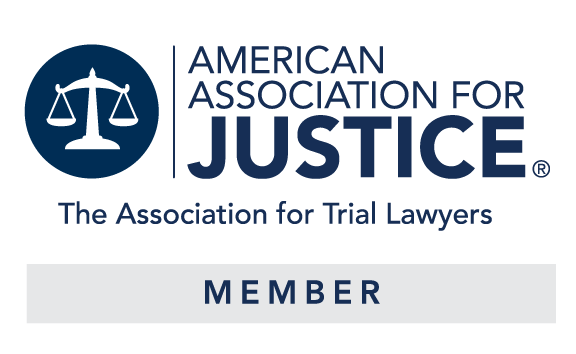The Second Amendment
/ Well, just when we all thought we had it all straight with our “personal” views of the Second Amendment, along comes Newtown. Newtown has changed many person’s specific opinions they had about guns, gun possession and gun control. Some folks have changed their minds - and some have dug in even further on their opinions. So let’s do a VERY quick summary of the Second Amendment.
The Second Amendment is just that: the second of the Bill of Rights - right after the First Amendment (which we all may know protects our right to free speech, freedom of religion, freedom of the press and the freedom of assembly and freedom to protest). The Founding Fathers thought this gun issue was so important that they placed it before the Fourth Amendment (illegal search and seizure) and the Fifth Amendment (the right to remain silent, to grand jury protection, double jeopardy and due process). So what does is say? Its one sentence text states:
Well, just when we all thought we had it all straight with our “personal” views of the Second Amendment, along comes Newtown. Newtown has changed many person’s specific opinions they had about guns, gun possession and gun control. Some folks have changed their minds - and some have dug in even further on their opinions. So let’s do a VERY quick summary of the Second Amendment.
The Second Amendment is just that: the second of the Bill of Rights - right after the First Amendment (which we all may know protects our right to free speech, freedom of religion, freedom of the press and the freedom of assembly and freedom to protest). The Founding Fathers thought this gun issue was so important that they placed it before the Fourth Amendment (illegal search and seizure) and the Fifth Amendment (the right to remain silent, to grand jury protection, double jeopardy and due process). So what does is say? Its one sentence text states:
A well regulated militia being necessary to the security of a free state, the right of the people to keep and bear arms shall not be infringed.
Many of the legal and philosophical issues associated with the Second Amendment involve the first part of that sentence: “A well regulated militia being necessary to the security of a free state..” Did the Founding Fathers mean that the right to bear arms was only related to the necessity of having a militia, or was that right independent of whether we have a militia or whether we are members of a militia (that is, did the right belong to all “individuals” regardless of membership or existence of a militia). The United States Supreme Court has only recently held that the right to bear arms is an “individualized” right - which generally means that you don’t have to be part of an army or militia in order to have a Constitutional right to possess and use a gun. It should be noted that Ohio also has a Second Amendment - but does not have any “well regulated militia” language in the first part of the sentence. So the “well regulated militia” argument has very different ramifications in Ohio. The very Supreme Court opinion that recognized that the Second Amendment creates an “individualized” right also made it very clear that, while the Government cannot outright ban gun possession and use, the Government may "regulate" gun possession and use. So now the big argument is just how much “regulation” the Government can engage in. Can the Government require all gun sales to require a background check (even private sales between individuals outside of a gun show or gun store)? Can the Government limit the capacity of ammunition clips? Can the Government limit the type of guns (example: “assault weapons”)?
As the new flurry of federal legislation is proposed in Congress, we will see if Congress can actually pass such legislation, and, if such legislation is passed, whether the federal courts will uphold such legislation. We will continue to monitor the development of these Second Amendment issues as this new possible legislation pushes itself through the halls of Congress. Stay tuned.



